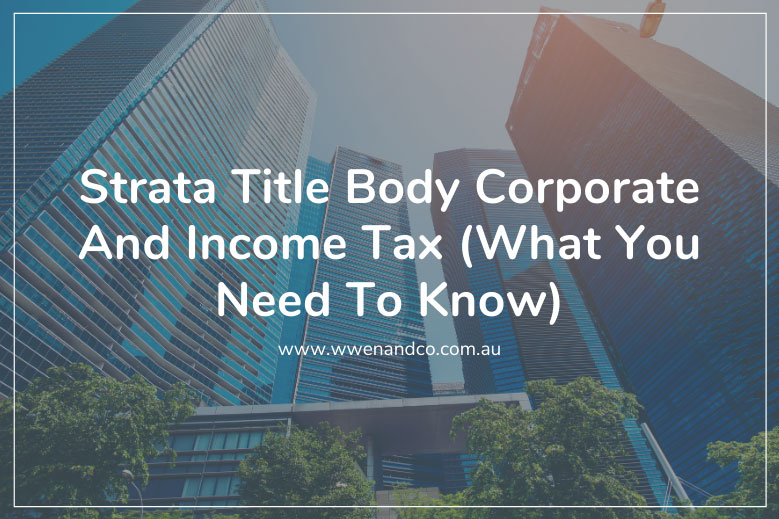Tax laws relating to strata title bodies corporate

Strata title bodies corporate are treated as public companies under tax laws and must lodge a tax return for any year in which they derive assessable income. A strata title body corporate will not be taxed as a non-profit company even if it includes non-profit clauses in its by-laws.
Principle of mutuality
If a body corporate only derives amounts that are subject to the principle of mutuality, then you do not need to lodge a tax return. These amounts are not assessable income.
In accordance with Section 25 of TR 2015/3, whether other receipts from members are mutual receipts depends on the nature of the transaction and must be decided on the facts and circumstances of each dealing by a process of evaluating and weighing a range of factors. Relevant considerations include:
- The relationship between an amount received by the strata title body and the common fund – that is, whether it is within matters that govern the mutual relationship between members such that it has the requisite link to the common fund.
- The purpose for which the payment is made – that is, whether the payment of an amount by a member to the strata title body is to meet the member’s proportion of their mutual liabilities.
- The capacity in which an amount is paid – that is, whether the member is dealing with the strata title body in their role as a member.
Access fees
Access fees charged by the strata title body for the inspection of records, including the books of account, all insurance policies, the strata role, the strata plan and the minutes of meetings are assessable income of the strata title body except where they are received from a proprietor and mutuality applies.
Distributions to proprietors
As the principle of mutuality applies to proprietors’ contributions, any distributions to proprietors that are a return of surplus contributions are not assessable income. Any distributions to proprietors out of profits derived by the strata title body constitute dividends which are assessable income of the proprietors and are able to be franked.
Apportionment of assessable and non-assessable income
Expenses related to earning both assessable income (non-mutual) and non-assessable income (mutual) need to be apportioned using a method that is fair and reasonable.
Carry forward losses
As mutual receipts are not income, they do not form part of ‘exempt income’ in the context of general domestic current year losses and undeducted prior year losses.
Capital gains or capital losses
If your strata title body corporate has made a capital gain or a capital loss from a transaction in respect of all or part of the common property, do not include the gain or loss in the tax return for the body corporate. Each proprietor or unit owner must include their share of the capital gain or loss in their own tax return based on their proportion of the lot entitlements.

